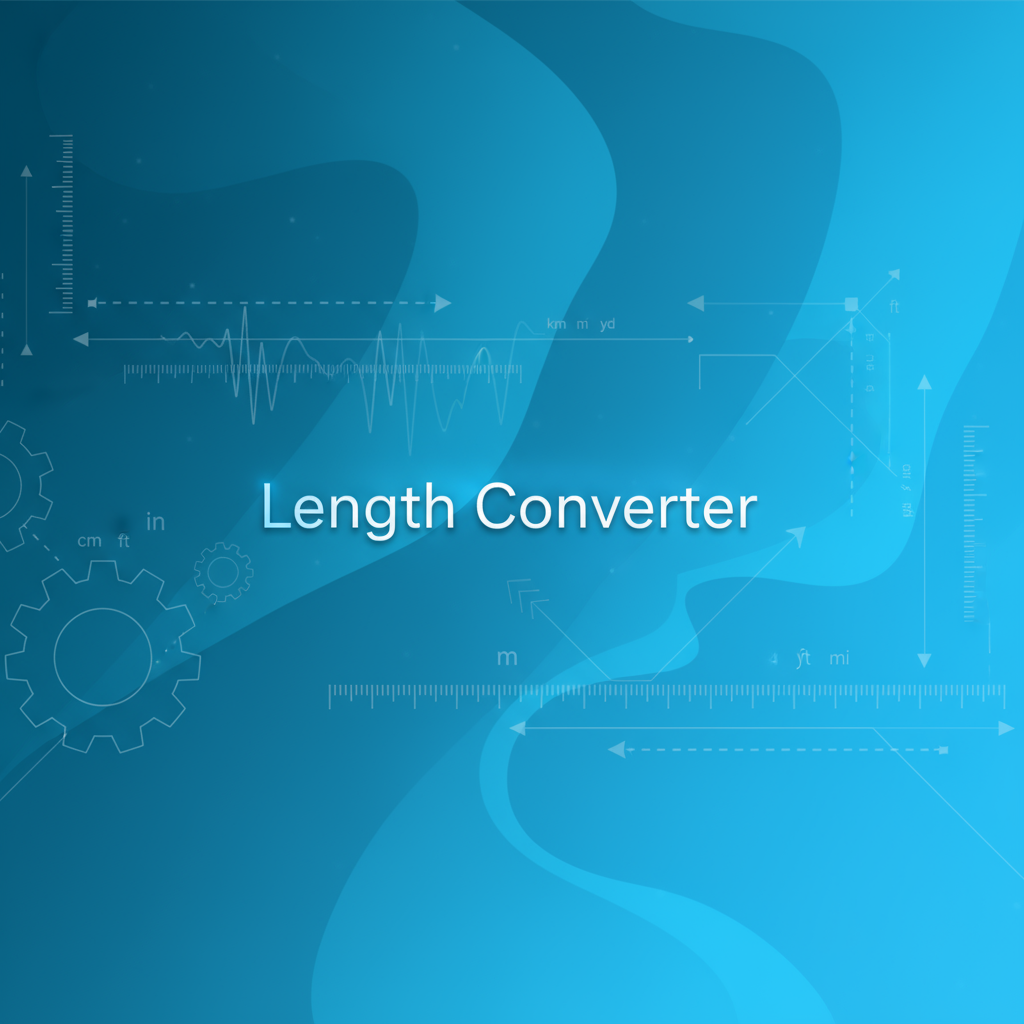
Force Converter
Force Converter Conversion Chart
| From | To | Formula (for 1 unit) | Result |
|---|
Quick Conversion Links
About This Tool
This Force Converter is an essential tool for physics students and mechanical engineers. It converts units of force, which is any interaction that, when unopposed, will change the motion of an object. A force can cause an object with mass to change its velocity (to accelerate). The base unit is the newton (N).
The tool covers the SI unit (newton), the imperial/U.S. customary gravitational unit (pound-force), and the older CGS unit (dyne). Understanding the difference between these units is crucial for solving problems in dynamics, statics, and material science.
Tips & Features
- The Newton: The newton (N) is the SI unit of force, defined as the force required to accelerate a one-kilogram mass at a rate of one meter per second squared (1 N = 1 kg·m/s²).
- Mass vs. Weight (Force): A common point of confusion is between mass (e.g., kilograms) and force (e.g., newtons). Mass is an intrinsic property of an object, while weight is the force of gravity acting on that mass. A 1 kg mass has a weight of about 9.8 N on Earth.
- Pound-force (lbf): This is the gravitational unit of force in the imperial system. It is the force exerted by gravity on a mass of one pound.
Expand your expertise
Recommended deep dives and guides matched to Force Converter.
In-depth Tool Guides
Acceleration Converter Tool Companion Guide Convert convert between m/s², ft/s², g-force, and more with precision. Comprehensive tool for engineering, scientific, and industrial applications worldwide. Energy Converter Tool Companion Guide Convert energy units effortlessly with our comprehensive tool. Transform between Joules, calories, BTU, kilowatt-hours, and more for engineering, physics, and scientific applications. Force Converter Tool - Complete Guide Comprehensive documentation for converting force units including newtons, pound-force (lbf), and kg-force (kgf)
Knowledge Base Articles
Acceleration Conversion: Complete Technical Guide Comprehensive guide to acceleration conversion covering theory, applications, and best practices for engineering and scientific work.
Updated 11/3/2025 Angle Conversion Mastery: Complete Guide to Unit Transformations Comprehensive guide to understanding angle conversions, measurement systems, and practical applications in engineering and mathematics
Updated 11/4/2025 Angular Velocity Fundamentals: Complete Technical Guide Master angular velocity conversions and rotational mechanics. Comprehensive guide covering rad/s, RPM, and deg/s for engineering, physics, and mechanical applications.
Updated 11/3/2025 Understanding Chaos Theory: From Double Pendulums to Complex Systems Explore the fascinating world of deterministic chaos through the double pendulum and beyond. This comprehensive guide explains how simple systems produce complex behavior, the mathematics of chaos, and its profound implications for science, prediction, and our understanding of nature.
Updated 11/3/2025